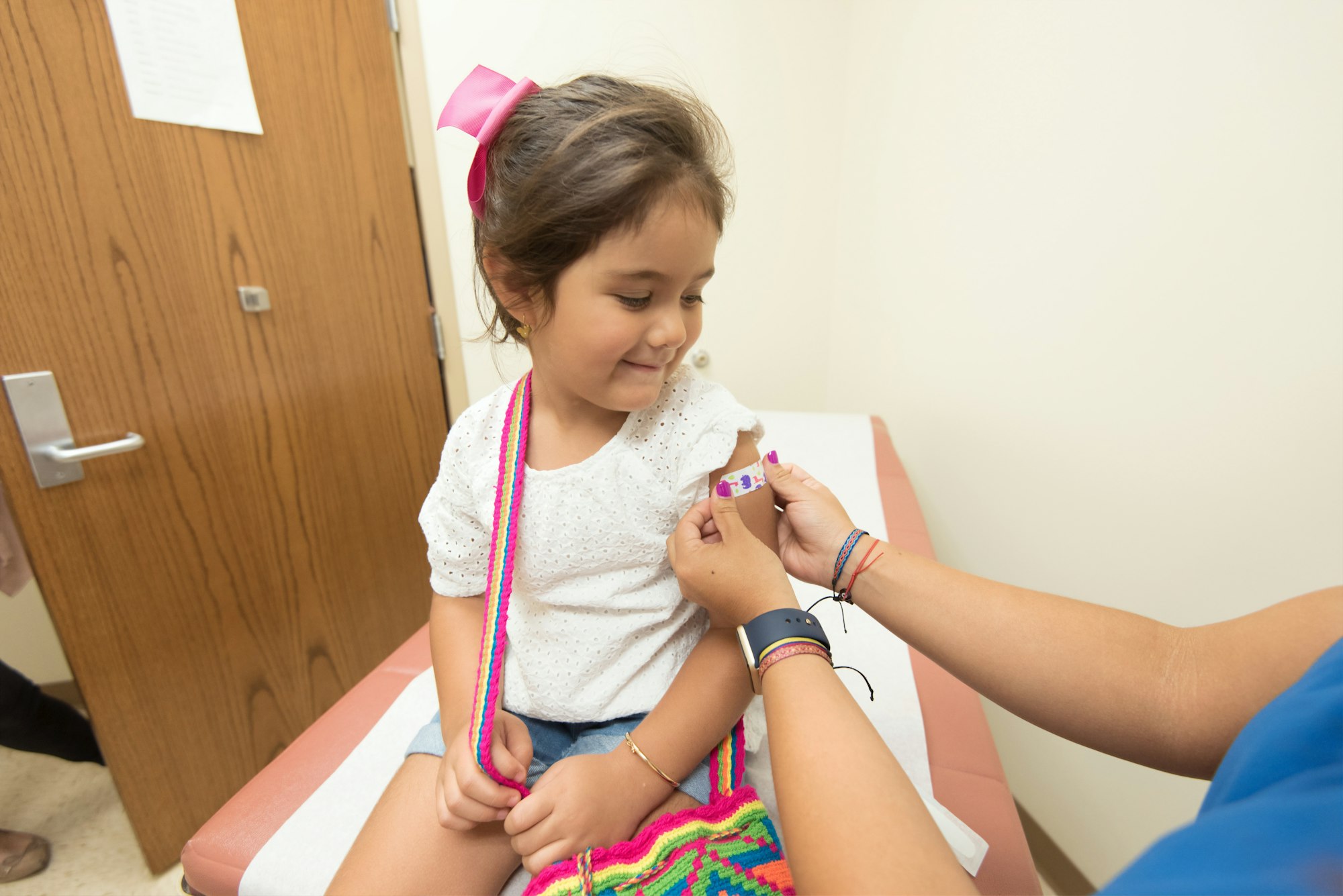Simplified: After completing clinical trials, both the Pfizer and Moderna COVID-19 vaccines were approved for children younger than 5. Kids will need two to three shots for an effective immune response, and the vaccine could be available for kids as early as this week in Sioux Falls.
Why it matters
- This is the first time kids under 5 have an approved vaccine against COVID-19. The virus was the highest infectious cause of death for children last year, according to Dr. David Basel, vice president for clinical quality at Avera.
- Parents should be able to schedule vaccination for their children as early as the end of the week, Sanford's chief physician Jeremy Cauwels said. But it'll take a few days to get shipments in and get everything set up, so he advised parents to wait until later in the week to call their family doctors.
- The approval process took longer for young kids two main reasons. One, older age groups were prioritized, and, two, the correct dosage took longer to determine as children's immune systems need more exposure to respond correctly to a vaccine.
"We wanted to make sure that if we were going to give them a vaccine, it would result in the immunity that we wanted," Cauwels said.
Tell me more about the vaccines
Pfizer's vaccine was approved for kids age 6 months to 4 years, as 5-year-olds were included in previous trials.
- If your child receives the Pfizer vaccine, they will need three doses for full efficacy. The second dose should be scheduled for three to eight weeks after the first dose.
- The final dose is given two months after the second, meaning the total course could take between three to four months.
Moderna's vaccine was approved for kids age 6 months to 5 years.
- The Moderna vaccine currently requires two doses to be effective in children.
- The second dose should be administered four to eight weeks after the first, meaning it will take one to two months for full protection. Basel said there's still some speculation about whether children receiving the Moderna vaccine will need a third dose.
You can see the CDC's recommendation schedule here.
“We highly recommend it, and get started now because it is going to take a while to get up to full protection," Basel said.
Do kids that young really need a vaccine?
Children under 5 were less affected by the initial waves of COVID-19, but the virus has created different damaging effects to children.
- One concern for all young people is long COVID, which involves lingering effects of the virus that last long after it's worked through a person's system, Cauwels said. He added that it's common in the younger population.
Children are also more likely to develop MIS-C, or multi-system inflammatory conditions which are a combination of reactions after contracting COVID-19.
- Symptoms include rashes, arthritis, sore muscles and more. While the disease is easy to cure, it can cause tissue damage if untreated.
"It can be really debilitating to children who get it," Cauwels said. "And it has to be treated appropriately, generally in the hospital with steroids for a brief period of time in order to cut down that inflammation and make the child feel better."
What about future boosters or vaccinations?
It's still unclear if boosters will be needed in the future for children, but Basel said he will start recommending the COVID-19 vaccine as a regular part of the recommended vaccination course for children.
- He said there's a chance the virus will always hang around, like the flu, and that this could be something that becomes more of an annual vaccine.
Cauwels said it might be too early to tell if the COVID-19 vaccine will always be needed, like the chicken pox, measles, lumps and rubella vaccines are.
- Previous pandemic illnesses, like the Spanish Flu, have slowly faded out as our bodies have found a way to avoid the virus. This may also happen with COVID-19 Cauwels said.
"We'll continue to follow what the transmission rates do, and we'll also continue to follow to see what the antibodies levels are in these children, how long they stay up and how protective they are," Basel said.

